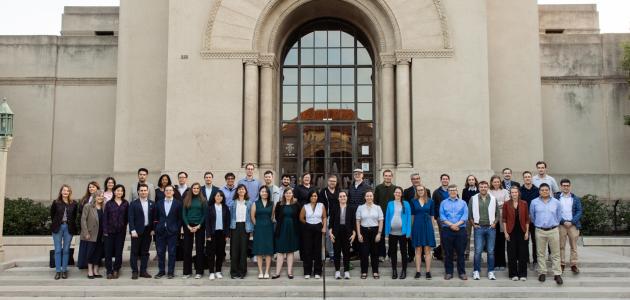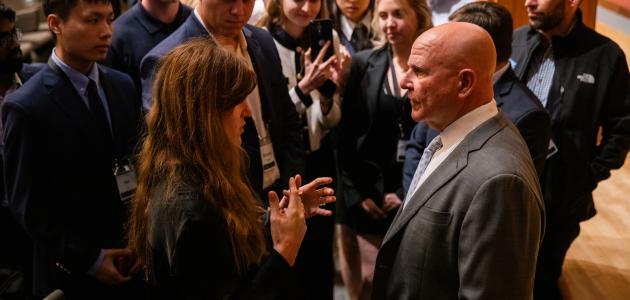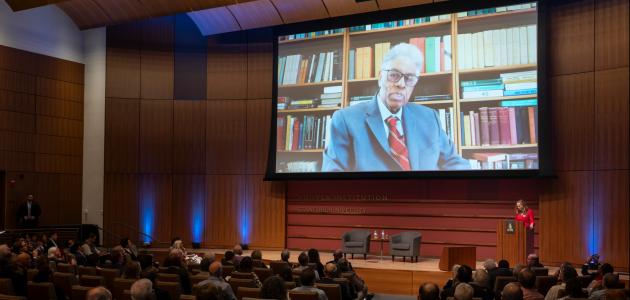
How do students learn? How can family, classrooms, and school practices help them learn more? Hoover fellow Herbert Walberg, a renowned educator-psychologist, explains how students learn and the best conditions for their learning in Advancing Student Achievement (Hoover Press, 2010).
Walberg begins by presenting the evidence for his assertions. Next, he defines the alterable factors that psychologists have found consistently associated with high levels of learning, including child-rearing practices and the amount and quality of instruction, which are explained in subsequent chapters.
In examining the role of parents, Walberg says, “In the first eighteen years of life, children spend only about 8 percent of their time in school. Therefore, psychological conditions in the 92 percent of the time for which parents are chiefly responsible greatly influence what students learn.”
Other issues discussed by Walberg include incentives for students to learn—not motivation and self-esteem but encouragement and praise, high standards, and money—teacher credentials, classroom practices, school policies, and new technologies. Walberg ends with a look to the future, citing effective instructional practices, school choice, and new “disruptive technologies” as producing better learning gains and calling them the keys to improved learning.
Walberg, a distinguished visiting fellow at the Hoover Institution and a member of the Koret Task Force on K–12 Education, is a University Scholar and emeritus professor of education at the University of Illinois at Chicago.
Advancing Student Achievement,
by Herbert Walberg
| ISBN: 978-0-8179-4952-5 | $15.00 | Paper |
| ISBN: 978-0-8179-4951-8 | $25.00 | Cloth |
| 118 pages | March 2010 |





















